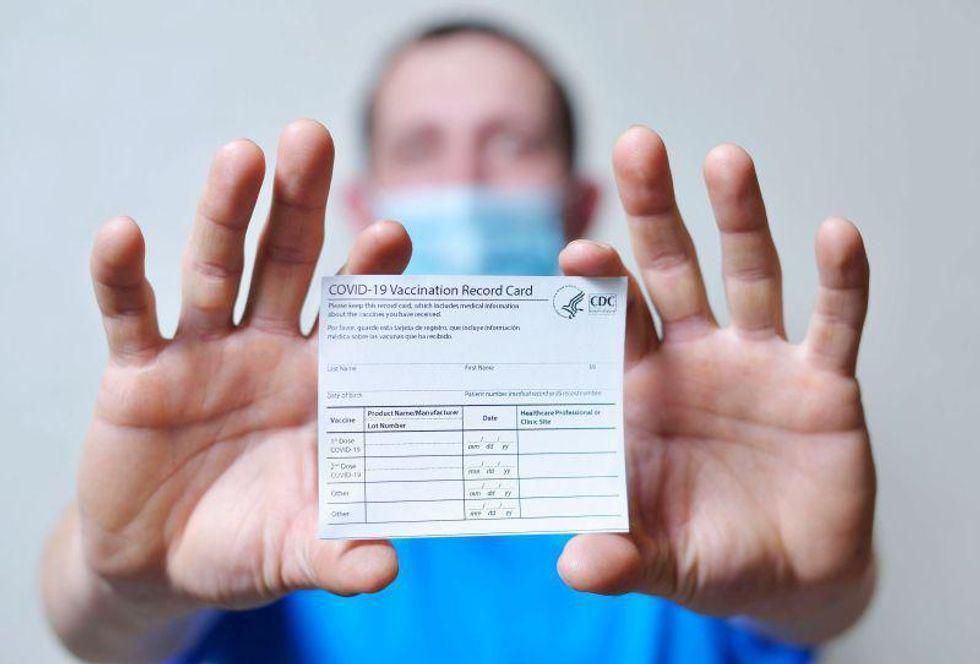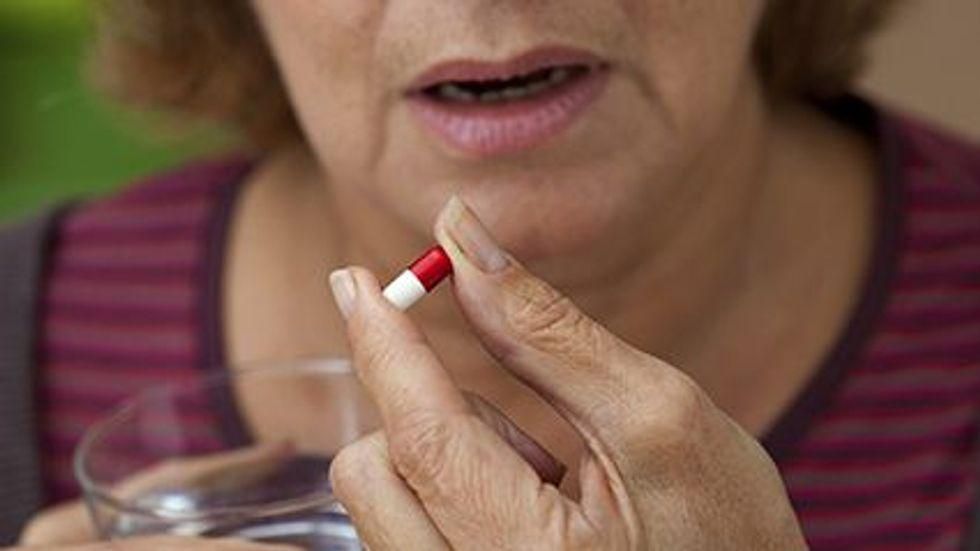
Since the advent of AIDS, major advancements in treating HIV infection has turned what used to be a death sentence into a manageable chronic condition. But new research warns that many people living with HIV/AIDS still face a dramatically higher risk for suicide. The finding came from a review of 40 studies that involved a… read on > read on >






























